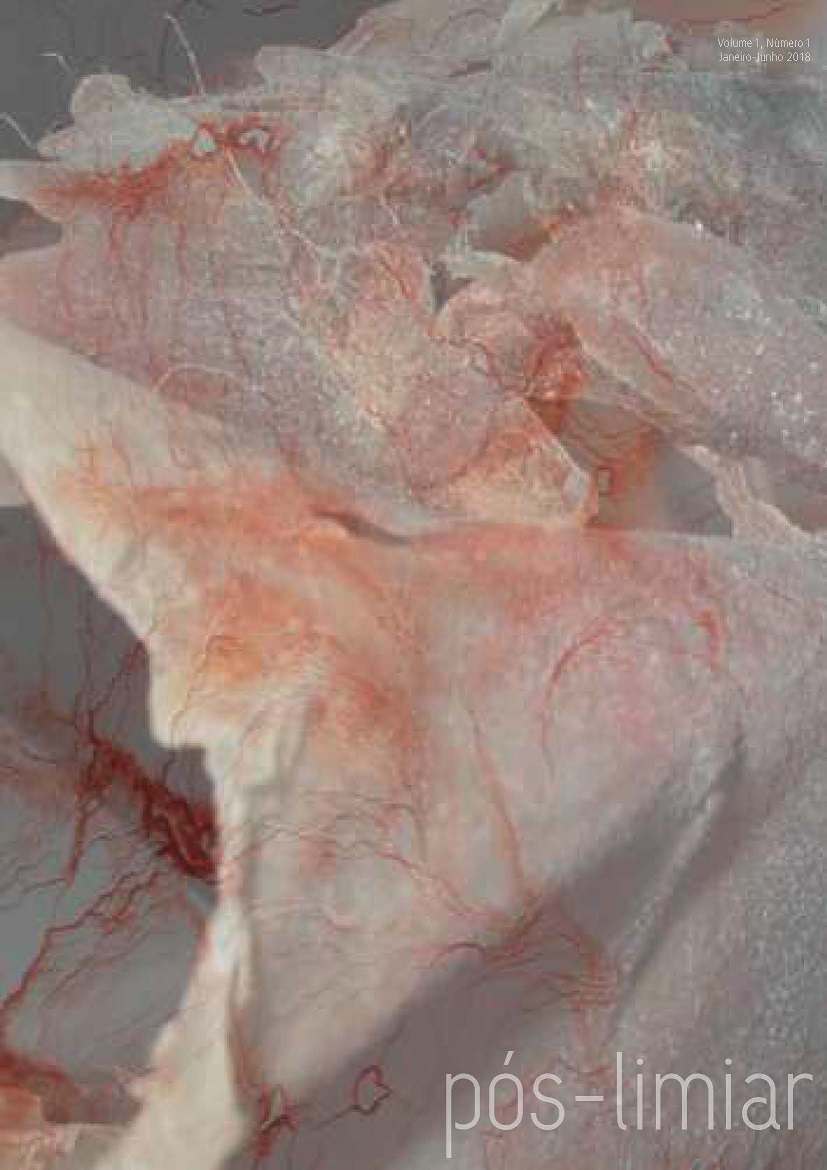The construction and the representation of the mother figure in the film production of Tennessee Williams: Typology and case studies | A construção e a representação da figura da mãe na produção do filme de Tennessee Williams: tipologia e estudos de caso
DOI:
https://doi.org/10.24220/2595-9557v1n1a4059Palavras-chave:
Character. Film adaptation. Mother. Tennessee Williams.Resumo
The maternal figure has an important presence in the literary and film works of the American playwright Tennessee Williams (1911–1983). This writer, who grew up in a southern environment marked by the religion and social conservatism, had in his own family a source of inspiration to build their characters. In this sense, the influence of his mother, the absence of his father and his sister’s disability, were determinants for the author to develop a special sensitivity to understand personal relationships. The person who exerted a great influence on his development was his mother, Edwina, who was first portrayed in “The Glass Menagerie”, and, subsequently, reflected his character and personality traits that were evident in some of his major works and adaptations. With the aim of reflecting on the important influence of Williams’ mother for the development and representation of their mothers in fiction, the aim of this article was to propose a typology of the parent that are present in his work. To do this, and with reference to Edwina, the article addresses mother-protagonists of some of his most relevant film adaptations, which were adapted in Hollywood between 1950 and 1968, such as “The Rose Tattoo” of Daniel Mann of the year of 1955, “Suddenly, Last Summer” of Joseph L. Mankiewicz of the year of 1959, and “This Property Is Condemned” of Sydney Pollack of the year of 1966, the latter being one of the most important film adaptations of the playwright.
Downloads
Referências
BADENES, J.I. The dramatization of desire: Tennessee Williams and Federico García Lorca. Tennessee Williams Annual Review, n.10, p.81-90, 2009. Available from: <http://www.tennesseewilliamsstudies.org/journal/work.php?ID=93>. Cited: Sept. 8, 2017.
CASETTI, F.; DI CHIO, F. Cómo analizar un fi lm. Barcelona: Ediciones Paidós, 2007.
DE ANGELIS. R. The rose tattoo: Reading Tennessee Williams’s play in a cultural context. Tennessee Williams Annual Review, n.13, p.2-23, 2012. Available from: <http://www.tennesseewilliamsstudies.org/journal/work.php?ID=114>. Cited: Sept. 8, 2017.
DEVLIN, A. J. Conversations with Tennessee Williams. Mississippi: University Press of Mississippi, 1986. p.169.
DI LEO, J. Tennessee Williams and company: His essential screen actors. East Brunswick: Hansen Publishing Group, 2010. p.112.
HALE, A. Early Williams: The making of a playwright. In: ROUDANÉ, M.C. (Ed.). The Cambridge companion to Tennessee Williams. Cambridge: Cambridge University Press, 1997. p.11.
HAYMAN, R. Tennessee Williams: Everyone else is an audience. New Haven: Yale University Press, 1993. p.183.
LEVERICH, L. Tom: The unknown Tennessee Williams. New York: Crown, 1995. p.37.
O’CONNOR, J. Dramatizing dementia: Madness in the plays of Tennessee Williams. Bowling Green: Bowling Green State University Popular Press, 1997. p.29.
PALMER, R.B.; BRAY, W.R. Hollywood’s Tennessee: The Williams fi lms and postwar America. Austin: University of Texas Press, 2009. p.233.
PHILLIPS, G.D. The Films of Tennessee Williams. Philadelphia: Art Alliance, 1980. p.38-124.
SMITH-HOWARD, A.; HEINTZELMAN, G. Critical companion to Tennessee Williams: A literary reference to his life and work. New York: Checkmark Books, 2005. p.4-176.
SPOTO, D. The kindness of strangers. The life of Tennessee Williams. Boston: Da Capo Press, 1985. p.12.
SUDDENLY last summer. Produced by Sam Spiegel. Directed by Joseph L. Mankiewicz. United States: Columbia Pictures, 1959. 1 Film Tape.
SUMMER and smoke. Produced by Hall B. Wallis. Directed by Peter Glenville. United States: Paramount Pictures, 1961. 1 Film Tape.
THE NIGHT of the Iguana. Produced by Ray Stark and John Huston. United States: Seven Arts Production, Metro Goldwyn Mayer, 1964. 1 Film Tape.
THE ROSE Tattoo. Produced by Hall B. Wallis. Directed by Daniel Mann. United States: Paramount Pictures, 1955. 1 Film Tape.
THIS PROPERTY is condemned. Produced by Ray Stark. Directed by Sydney Pollack. United States: Paramount Pictures, 1966. 1 Film Tape.
WILLIAMS, T. New Selected Essays: Where I Live. New York: New Directions Publishing Corporation, 2009. p.93.








